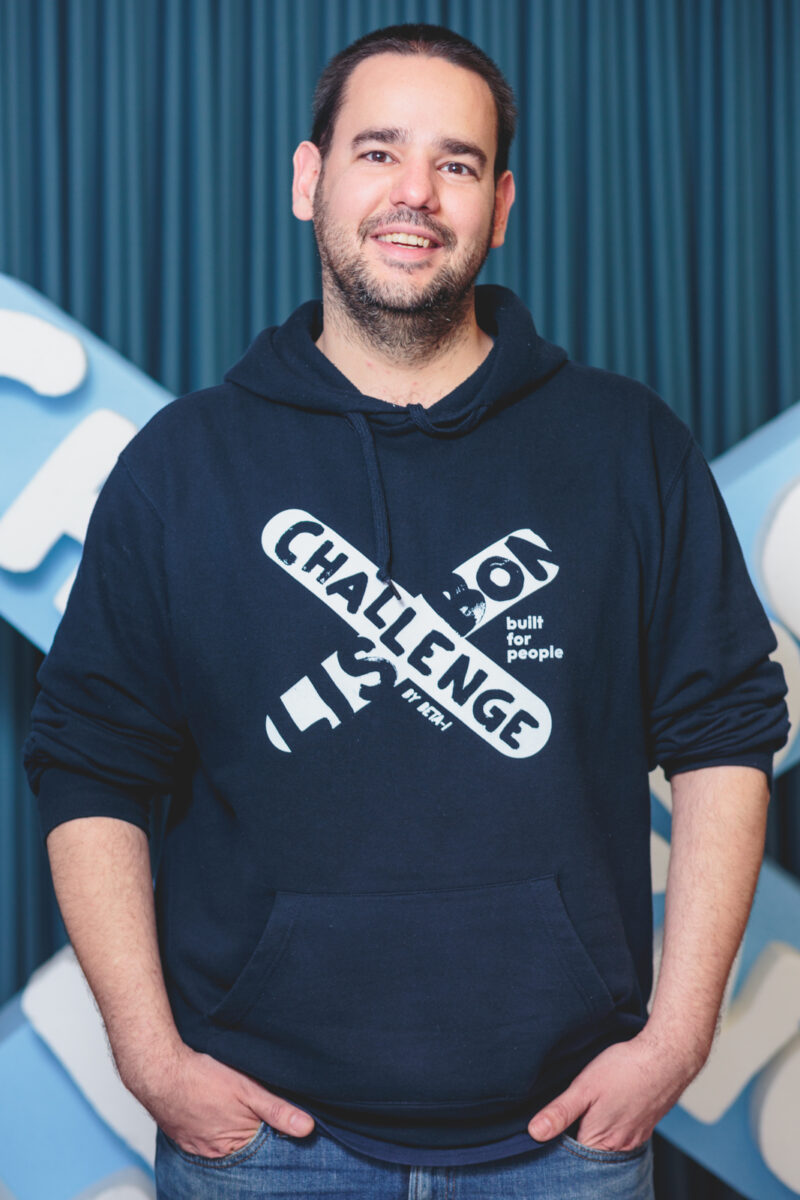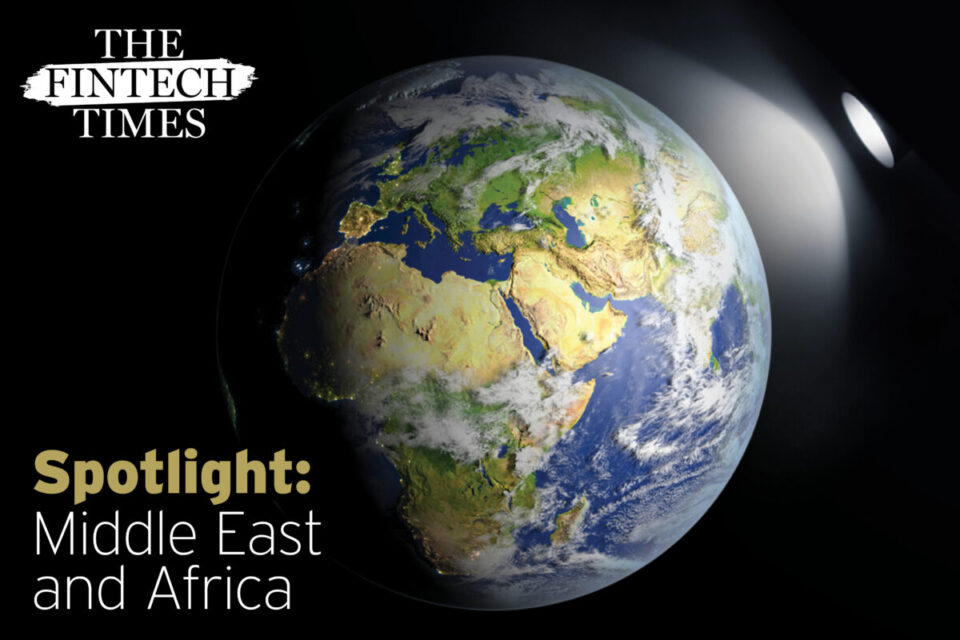Building a regulatory sandbox has been a topic many countries are both debating and implementing. In Africa, the country of Angola is currently doing that. This is part of the country’s wider efforts to diversify its economy and build an ecosystem that will include a strong fintech and wider financial services sector, which is why the global innovation consultancy Beta-i, and the incubator Acelera Angola, have joined the Banco Nacional de Angola (Angola National Bank – BNA) to create their first Regulatory Sandbox. We sit down with Eduardo Sette-Camara, Head of Acceleration of Beta -i, who offers his insight on the Angolan market.

Eduardo Sette-Camara has over 13 years of experience in Venture Capital and entrepreneurship and gaining different perspectives: from Institutional Investor to Angel, from entrepreneur to accelerator and mentor. Eduardo has worked with startups from all over the world and designed, implemented, and led entrepreneurship-focused programs in three continents. He currently leads the acceleration programs at Beta-i, one of the main collaborative innovation consultants in Europe. Eduardo has a Bachelor of Arts in Economics and a Master of Business Administration focused on Corporate Finance.
For our global audience, can you explain what the digital and fintech landscape across the globe currently looks like
In general terms, the main focus of the fintech landscape remains in payments, cards, and money transfer. At the same time, we´ve seen an increase in Big Data, automation, and blockchain. Great strides have been made, but all this technology needs to connect to the already existing infrastructure, here is where open banking facilitates things, also legislation needs to be updated, both in terms of licenses and in the operations oversight. Some governments are very active in taking the lead to develop and implement those changes, like Brazil and the UK, and they set up a comparable and interesting precedent for other countries.
How does this alter in Angola?
On the surface, Angola doesn’t seem to be different. Most of the projects focus on payments and money transfer, either through intermediating operations (gateways) or digital wallets. However, there is a considerable challenge: the low percentage of people who have access to the financial infrastructure (besides fiat money). Here are the top challenges:
1) A considerable part of the population doesn’t have an ID or an official government registration, which bars them from being able to open a bank account (a common problem throughout Africa);
2) Even if they had an ID, the main economic activity of this population tends to be of low aggregated value, meaning that it is usually of low exchange value per transaction, making it economically unfeasible for them to support the transaction costs of using anything different than fiat money;
3) Most of the population does not have smartphones, so the technology has to be either adapted to operate on feature phones or indirectly to include those through a network of agents that have smartphones.
How have you developed your subject matter expertise and helped to share it across in your home country? And in Angola?
My father worked in investment banking for many years, he’s a lawyer, and he taught me about the different types of financial products, how they work and why they are structured as such, both from a financial and a legal standpoint. I was also fortunate enough to have worked at one of the main VC LPs in Brazil, where we had the mandate to help develop the VC and entrepreneurial ecosystem. This allowed me to learn and participate in discussing legislation, developing governance frameworks, and fostering different fund strategies with public incentives. The rest was just inherent curiosity and interest. The financial industry is composed of a lot of players with a hunger to create products, frameworks, update legislation, globally. In some countries, there is a great opportunity to overcome hurdles that have been resolved, but there is a local intrinsically that needs to be considered when execution comes into play.
What are future trends and predictions you see happening in the region? (And specifically with your company?)
Financial inclusion will be key in the coming years. Breaking away from fiat money is the lowest hanging fruit that provides a fast and very impactful change to society as it increases the freedom to exchange goods and services. But for this to happen there needs to be a considerable update of the existing institutional framework and legislation. This is why we are working with the National Bank of Angola on implementing a regulatory sandbox. It is inspiring to see the bank’s willingness to adapt the “written-in-stone long-term” perspective to a learning perspective, through iterative cycles and how to quickly implement tests in a controlled environment. Additionally, the support for a startup incubation program, where we also invite and collaborate with existing financial institutions, will keep driving innovation. The incubator creates situations that provoke the bank to consider and address them. The goal here is to keep on both initiatives, always learning, adapting, and improving.
Any advice or recommendations you would give to other future fintech companies and entrepreneurs based in the Middle East & Africa (MEA) region? (Particularly with respect to fintech and the wider digital sector?)
The advice I have is the same as any other startup in any sector: focus on your user. Not in terms of marketing, but in actual interaction with them once they become your users. They are the driving force of growth and they will give you the numbers you need to raise money, suggest changes in legislation, and grow your company. And, if you know how to talk to them, they will tell you what they want, making your technology and product development a lot easier.




